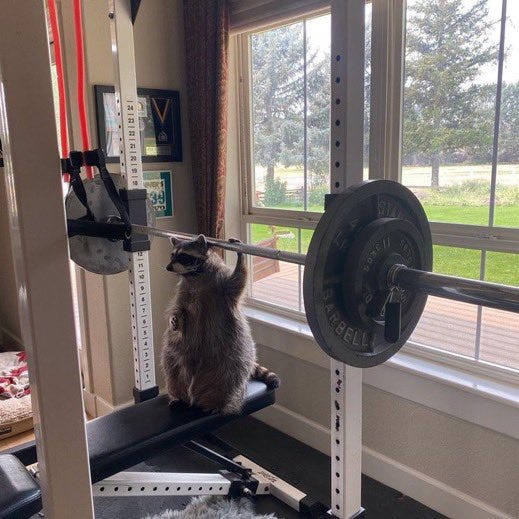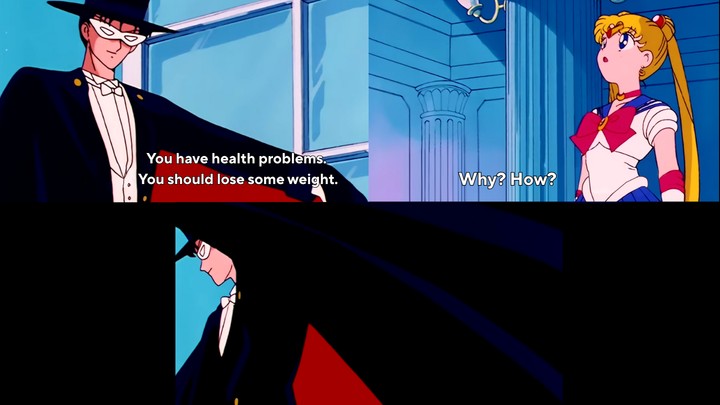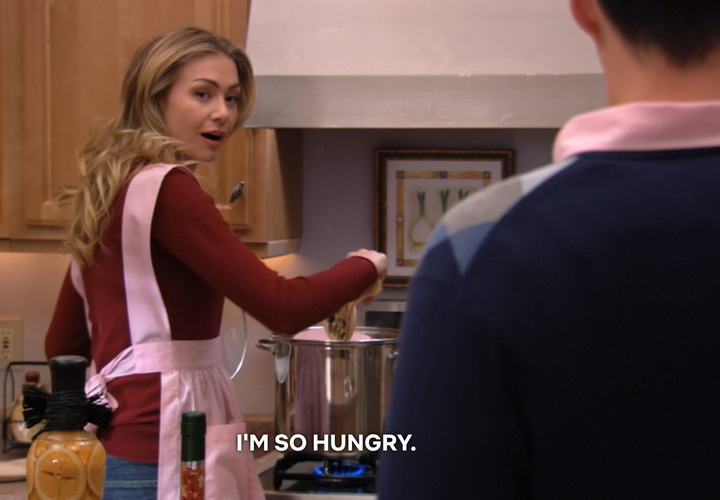What is so wrong with wanting a 'ballerina body'?

This week, the Washington Post ran a story headlined, “Plastic surgeons say the ‘ballet body’ is in. Here’s what that means.” I’m going to leave aside the fact that, per the headline, the group setting the terms for this article is plastic surgeons, people who make a lot of money off of engendering body insecurity.
As the article notes, body trends come and go. ”The waif body popularized by British model Kate Moss” was en vogue three decades ago. Now, the fitness-oriented “slim thick” body that has been trendy for a while is running headlong into the desire of a new generation to define its own aesthetic based around thinness again, yielding Muscle Mommies vs. Pilates Princesses and the “ballerina body”:
*Rokeshia Renné Ashley, associate professor at Florida International University who studies body image and modification, said that it can be liberating and fun ***to exercise the power of choice over how one’s body looks.
She pointed out that, short of “going completely off the grid,” it was impossible for women to avoid the “looming stimuli” that pressured them to look a certain way, such as advertising, social media posts, and real-life comments. Dismissing women for participating in trends can be misguided and unproductive, and celebrations of both body positivity and body autonomy can “exist at one time,” she said.
“At this point in time, in 2024, we have access to so much, to see what our bodies could be, what they could look like, and how we can use them,” said Renné Ashley.
“We all have financial goals: you want to buy a house, you want to have a retirement fund,” she added. “Why can’t I have body goals — to change and augment my body? We are able to do whatever it is that we please — however, just go ahead and do it in a safe way.”
“Why can’t I have body goals?” is an interesting question, particularly when it comes to the headline’s “ballerina body.” What is so wrong with wanting to look a certain way?
The source here, Dr. Ashley, is careful to couch this in terms of “body autonomy”—certainly, no one wants to feel like they have no agency. Conceptually, this is impossible to disagree with. She also compares this process to buying a house or having a 401k, and surely no one would want to deny someone else housing or retirement. But a problem does come in when the house is never good enough unless it’s a modern farmhouse McMansion, and everything else feels inadequate in a spiral-inducing way.
The general term for wanting to comply with beauty standards like the “ballerina body”[^1] is internalized oppression—when a marginalized group accepts the rules for their existence as dictated by their oppressors. These marginalized groups will accept and try to follow these rules, even when those rules are directly harmful to their existence.
It feels important to note that not every body aesthetic is unrealistic or expressive of patriarchal oppression. But, “ballerina body,” I mean…… come on. And this is not even to say that ballerinas are per se unhealthy! (Though the industry certainly has its issues). Ballet dancers do lift weights! But the body of a ballet dancer, just as with the elusive “swimmer’s body” for men, is inversely selective to what we perceive from the outside: They are ballet dancers because they have a particular body; they don’t develop a particular body from being ballet dancers. It has so little to do with training and so much to do with genetics that it’s nothing but an illusion, in terms of attainability.[^1]

But we end up subscribed to these illusions, because we as humans generally want to a) succeed and b) earn each other’s approval. We like being liked. Reality is very messy and difficult to interpret, and it’s hard to know how to allocate our resources, especially time and energy, in order to most effectively achieve this “being liked, approved of, and successful” condition. When it seems like someone is giving clearly stated, unambiguous rules for succeeding and being liked, especially people who we regard as holding power and who seem therefore experienced and knowledgeable in attaining power, we want to trust them and follow those rules. This is the most understandable and forgivable dynamic in the world.
But! The relationship between having power and telling other people how to gain power is often deeply flawed. Many, many people have power and clout for spurious reasons outside of their control: They were born into fantastic wealth; they are white; they have genetics that enable easy maintenance of a conventionally attractive body.
We can't have bots here.
Let's see some ID. (Just your real email, please.)






